
The World Health Organisation (WHO) Representative to Ghana, Dr Owen Law Kaluwa, has appealed to the government to invest in the training of nurses and midwives to achieve the targets set in the Sustainable Development Goal 3.
He said for all countries to reach Sustainable Development Goal (SDG) 3 on health and well-being, the world would need an additional nine million nurses and midwives by the year 2030.
"Nurses and midwives account for more than 50per cent of the global health workforce, providing crucial services for health promotion, prevention, treatment, palliation and rehabilitation of various health conditions at all levels," he noted.
Dr Kaluwa said this at the 3rd annual general meeting and seminar of the Ghana College of Nurses and Midwives (GCNM) in Accra.
He was speaking on the theme "Evidence-based specialist nursing and midwifery practice: Accelerating effective leadership for universal health coverage."
According to him, "they have many roles, provide and manage personal care and treatment, work with families and communities, and play a central part in the health and controlling disease and infection that calls for countries to channel their resources in training more of them."
Dr Kaluwa said the role of nurses and midwives was crucial in addressing the health related SDGs since nurses were often and sometimes the only health professional that people see.
"In fact nurses and midwives have been recognised for their crucial role in the delivering services required for the attainment of goals and aspiration in health such as the health related Millennium Development Goals (MDGs) and the SDGs.
"Their efforts had contributed substantially to progress towards the ambitious goal of ending preventable child and maternal mortality," he said.
Dr Kaluwa said in the era of SDGs, the global health community was providing greater support to ensure consolidation and progress to build on past achievements made during the implementation of the MDGs.
This he said were plans to tackle unfinished global health priorities, including preventable non-communicable diseases, improving mental health and strengthening the health system to public health emergencies including diseases outbreak, natural disaster and humanitarian disasters,
Dr Jemima Araba Dennis-Antwi, President of GCNM, said the academic board of the college had progressively instituted policies and programmes in the training of quality health workers.
She said these included the 70 per cent clinical and 30 per cent theory component of the curriculum, clinical placement guidelines, preceptorship manual and guides, disciplinary procedures and research policies.
Read Full Story
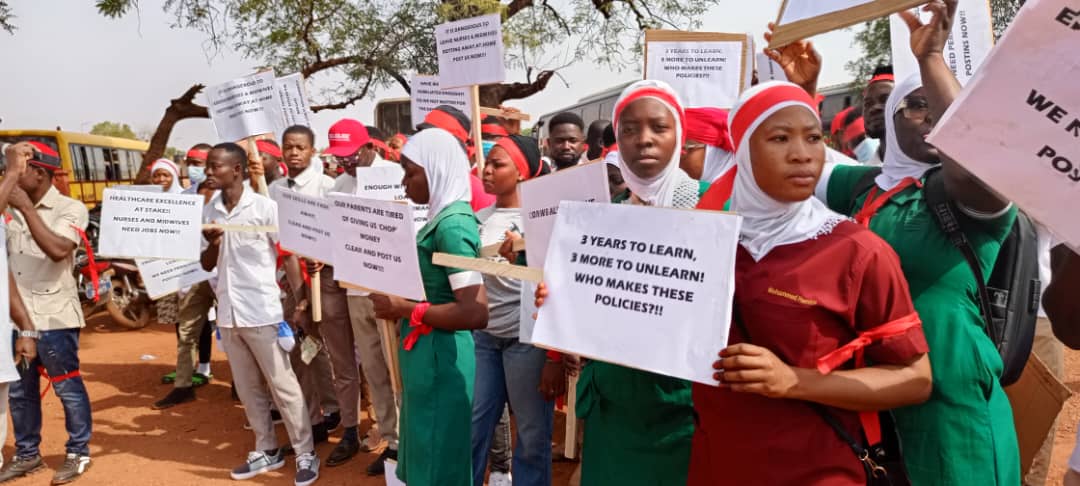

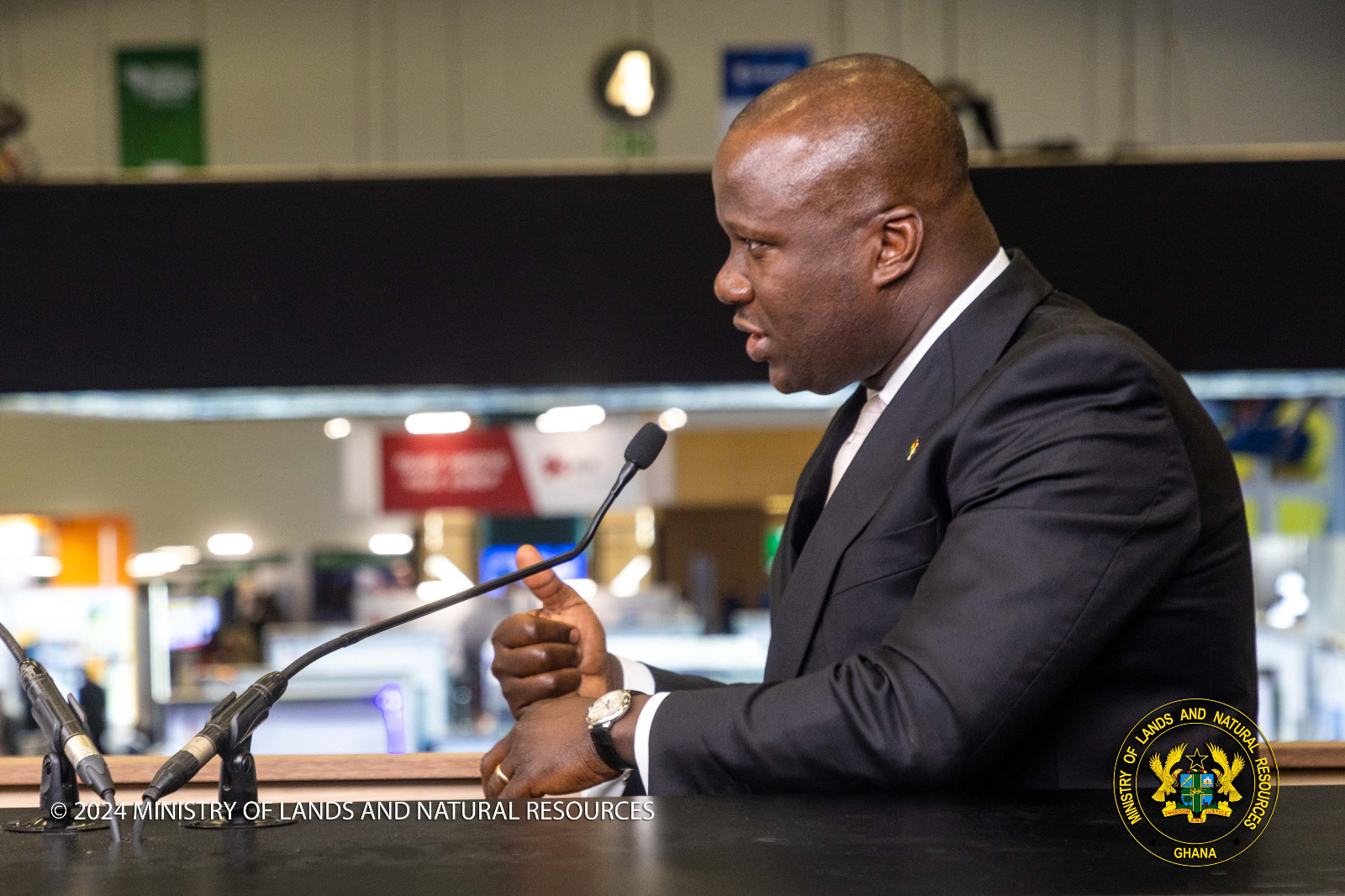

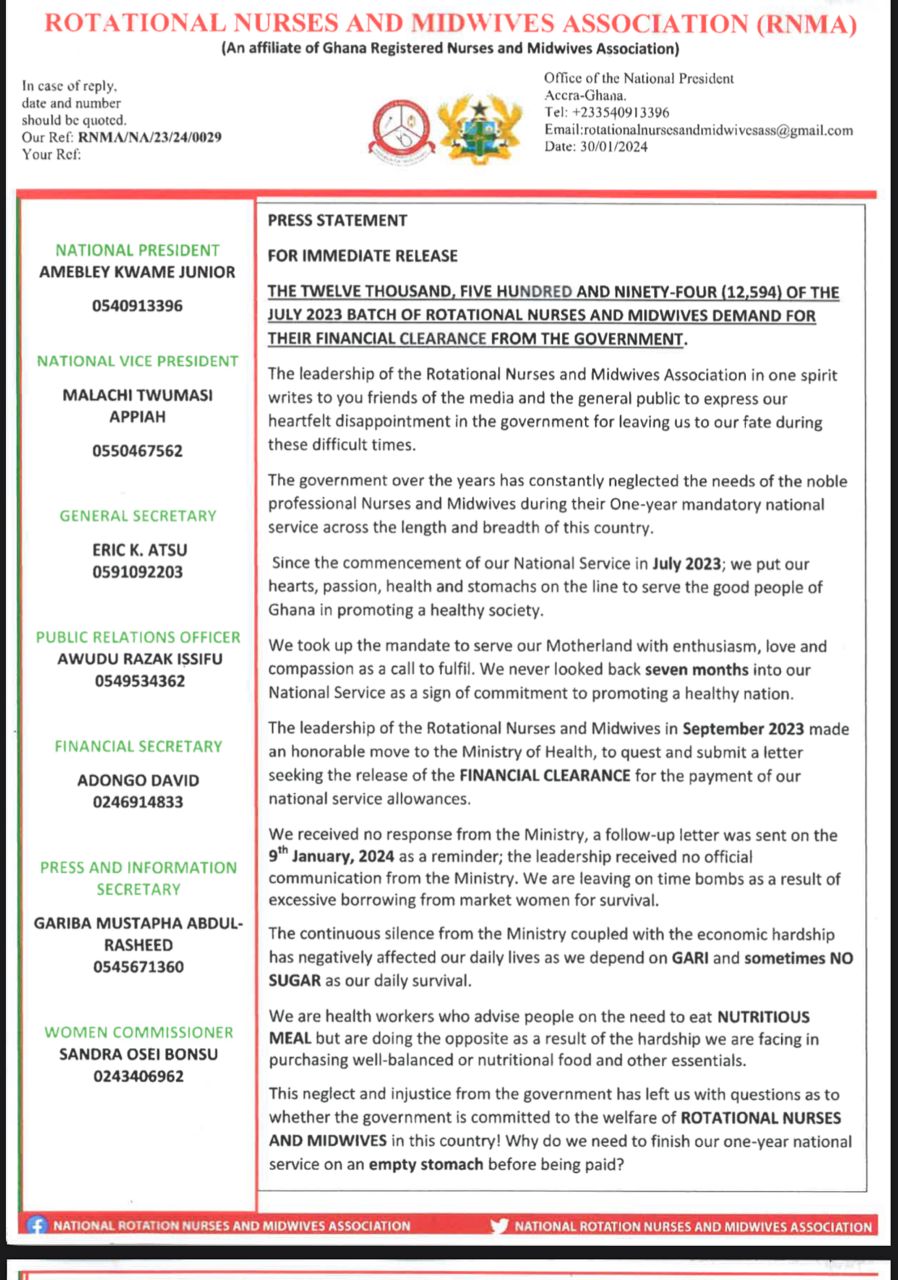
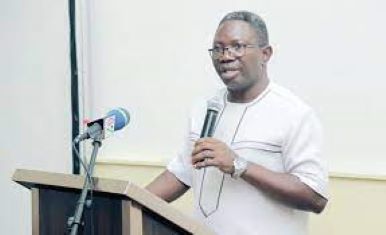











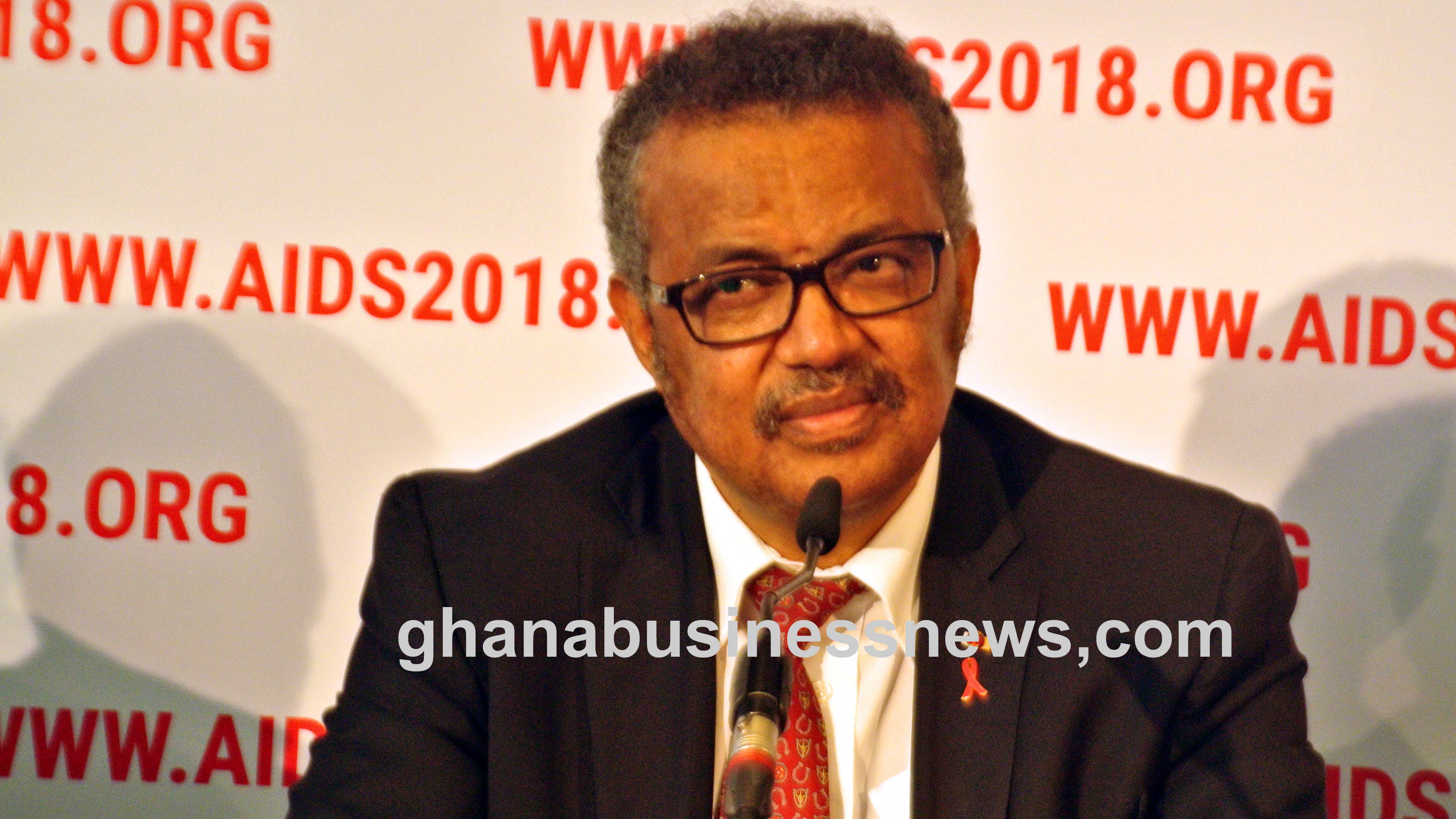




Facebook
Twitter
Pinterest
Instagram
Google+
YouTube
LinkedIn
RSS